












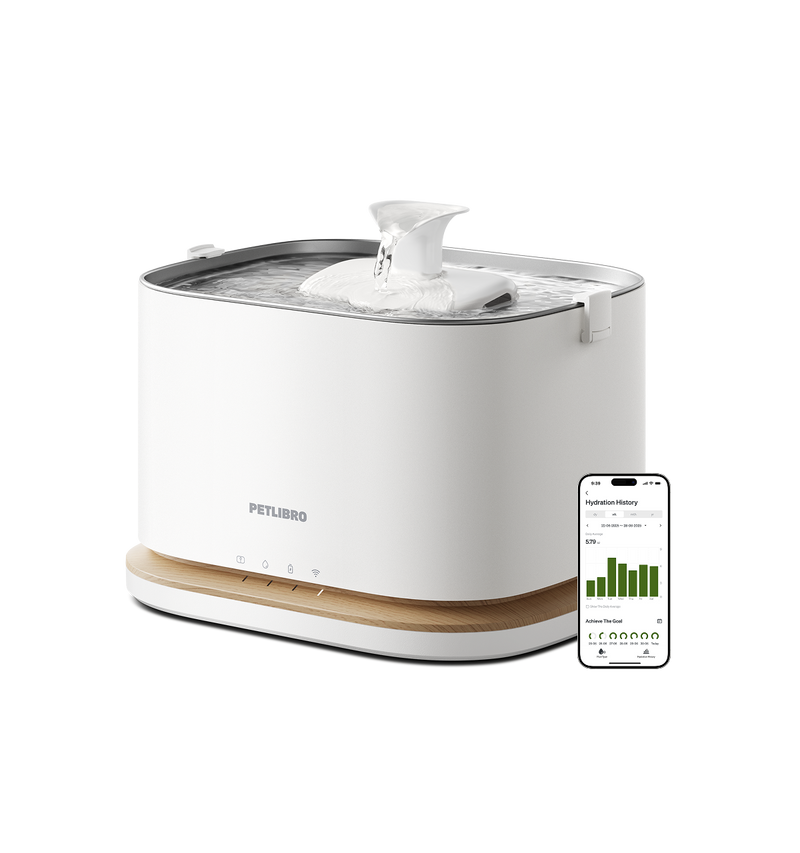
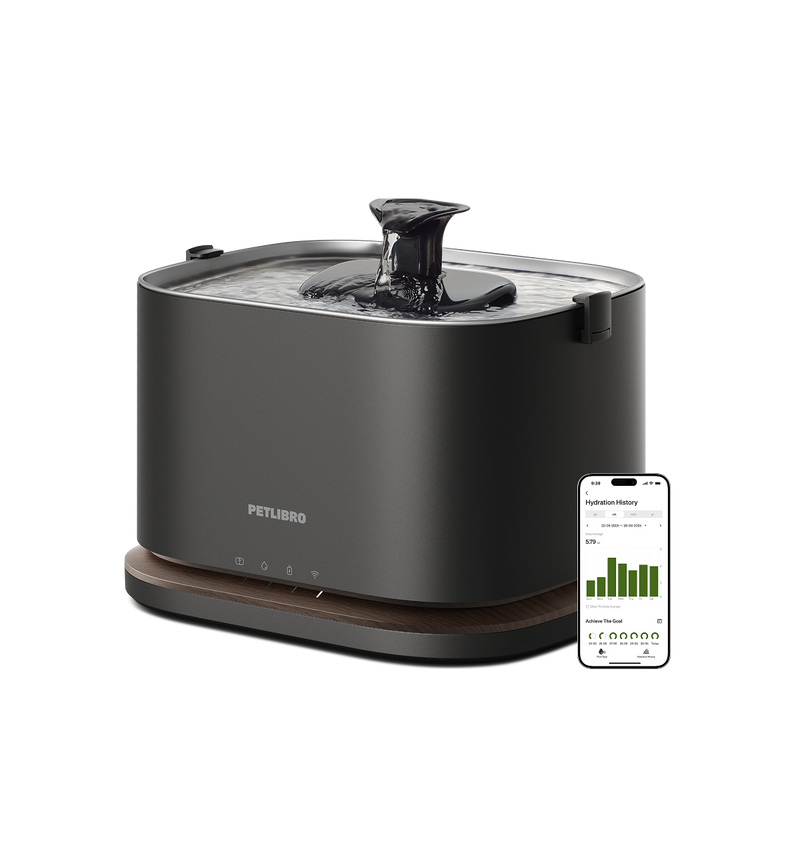
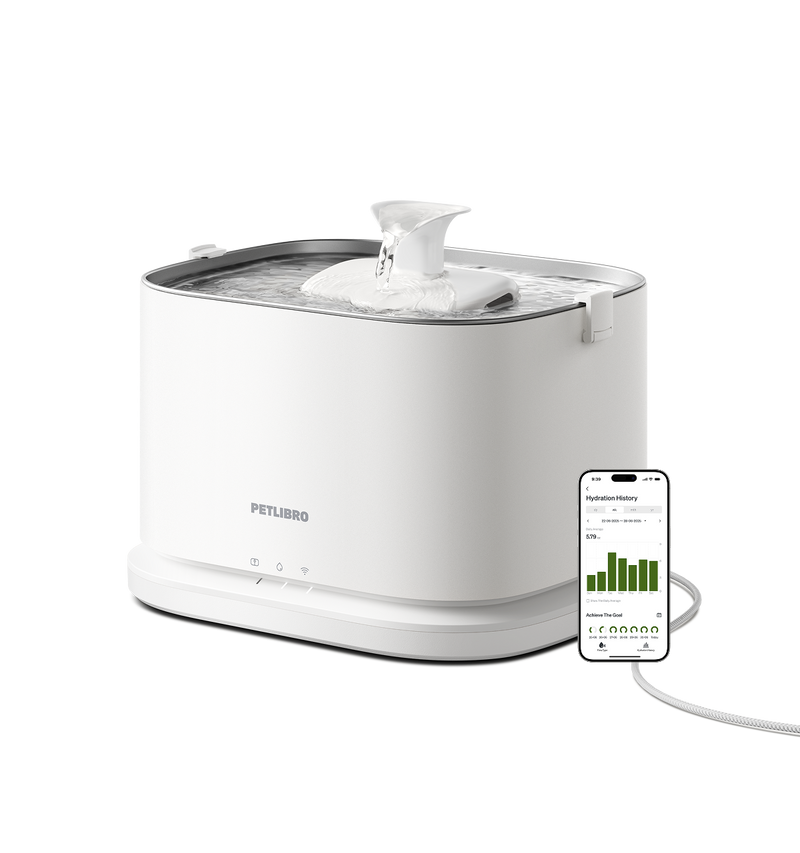
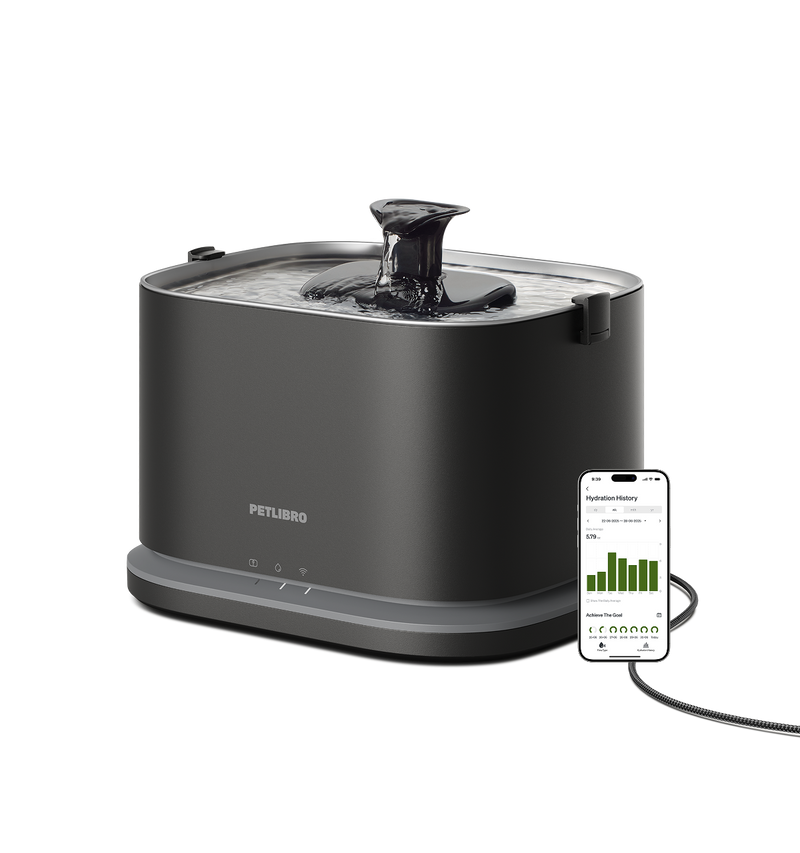










By subscribing, you agree to receive email marketing from Petlibro. Privacy Policy | Terms of Service


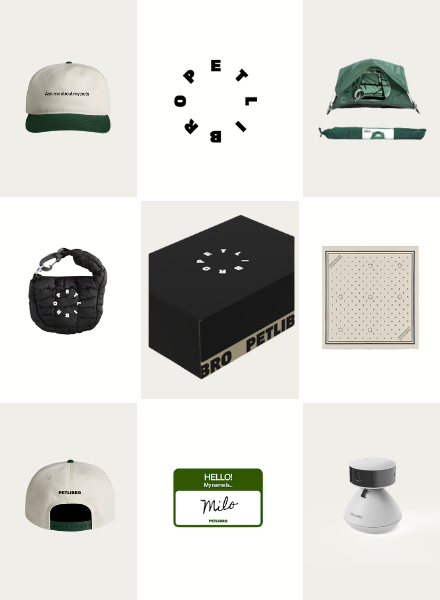
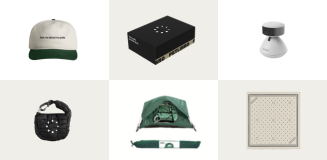
Open to legal U.S. residents, 18 years or older. Void where prohibited. Giveaway begins on 08/26/2025 and ends on 09/15/2025 at midnight PST. Three winners will each receive a limited-edition Petlibro PR Kit, which includes the Scout Smart Camera and select branded merch. Winners will be chosen at random and notified via Instagram or email (depending on entry format) by 09/30/2025. If a winner does not respond within 48 hours, another may be selected. Odds of winning depend on the total number of eligible entries received. Only one email entry per person will be counted, though additional entries may be submitted through the bonus methods described above. Petlibro is not liable for any issues that arise from participation or use of the prize. Personal information will be collected and handled in accordance with our Privacy Policy.


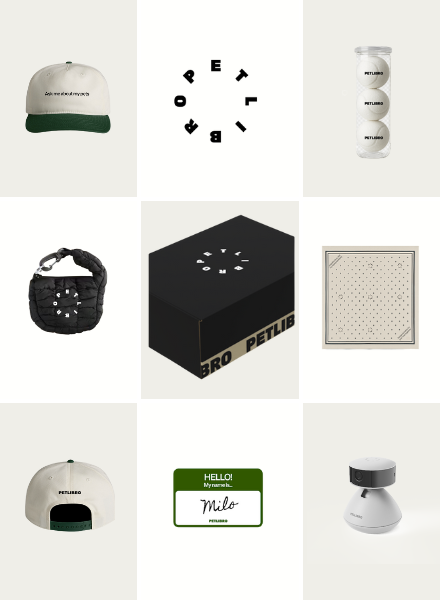
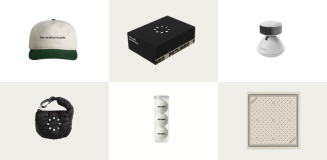
Open to legal U.S. residents, 18 years or older. Void where prohibited. Giveaway begins on 08/26/2025 and ends on 09/15/2025 at midnight PST. Three winners will each receive a limited-edition Petlibro PR Kit, which includes the Scout Smart Camera and select branded merch. Winners will be chosen at random and notified via Instagram or email (depending on entry format) by 09/30/2025. If a winner does not respond within 48 hours, another may be selected. Odds of winning depend on the total number of eligible entries received. Only one email entry per person will be counted, though additional entries may be submitted through the bonus methods described above. Petlibro is not liable for any issues that arise from participation or use of the prize. Personal information will be collected and handled in accordance with our Privacy Policy.


As pet owners, we all want the best for our furry companions, and proper nutrition plays a vital role in their overall health. However, it’s important to be aware of the potential risks that spoiled food can pose to our pets. In this blog, we will explore the significance of fresh and safe food for our beloved pets and how it contributes to their well-being. Let’s dive into the topic of pet nutrition and discover why fresh food matters for our furry friends.
It is widely recognized that food can easily react with various substances in the air, leading to undesirable consequences such as the rancidity of fatty acids and the growth of harmful molds. These reactions and spoilage can have detrimental effects on your pets’ health, including gastrointestinal disorders. As responsible pet owners, it is crucial to understand the potential hazards associated with spoiled food and take necessary precautions.
Spoiled food can cause a range of problems for your pets, especially when consumed regularly. Gastrointestinal disorders, such as diarrhea and vomiting, are common consequences of ingesting spoiled food. The harmful bacteria and toxins produced during food spoilage can significantly impact your pets' overall well-being and may even lead to severe health issues. It is vital to be aware of the signs and symptoms of food spoilage and take prompt action to protect your pets.
So, how can you determine if the food has spoiled? One of the key indicators is a change in odor, texture, or appearance. Foul smells, mold growth, or visible signs of decay are clear indications that the food is no longer suitable for consumption. Additionally, observing your pets’ behavior and appetite can also provide insights into the freshness of the food. If your pets show disinterest in their meals or exhibit signs of discomfort after eating, it may be an indication of spoiled food.

Ensuring a fresh and nutritious diet is crucial for the health and well-being of your pets. Cats and dogs have specific nutritional requirements that need to be met. Cats, being obligate carnivores, thrive on a diet rich in protein and fat, while dogs, as carnivorous omnivores, also require significant amounts of protein and fat. It is essential to provide them with the right balance of nutrients, including essential amino acids, vitamins, minerals, and adequate hydration.
For cats, their diet should contain a sufficient amount of crude protein and fat, along with essential nutrients like taurine, vitamins, and minerals. A balanced diet for dogs should include an appropriate proportion of protein, fat, and a variety of minerals, vitamins, carbohydrates, and hydration to support their overall development.
When pets lack proper nutrition, various health issues may arise. Protein deficiency can result in weight loss, weakened immune system, and even heart problems. Insufficient fat intake can lead to a lackluster coat, reduced energy levels, and reproductive system abnormalities. Deficiencies in vitamins and minerals can impair the immune system, making pets more susceptible to diseases. Inadequate hydration can contribute to urinary system problems.
To bring it all together, understanding the importance of fresh food for your beloved pets is vital. By using the PETLIBRO Space Automatic Pet Feeder, you can provide your pets with a healthy and enjoyable dining experience. Remember, their well-being depends on the care and attention we give them, starting from their food.